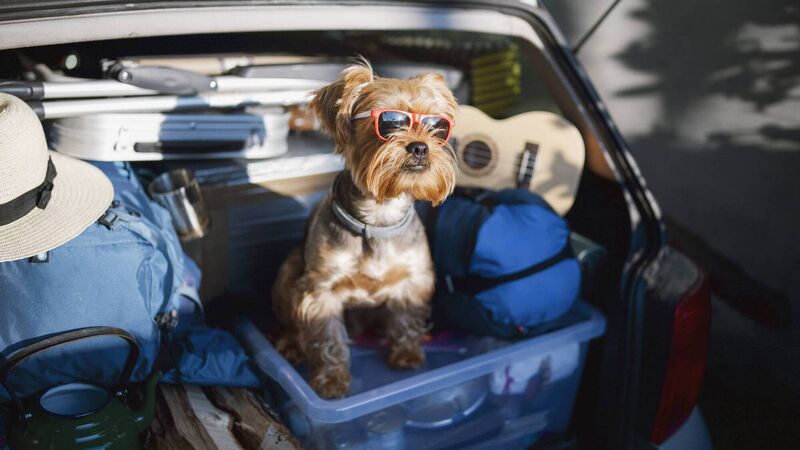Pete the Vet: Seven tips for a pet staycation

It's easier now than ever to take our pets on holidays
This summer, more than in any previous year, Irish people will be holidaying in Ireland. The COVID restrictions have been relaxed enough to allow us to travel within our own country, while vacationing abroad still has strings attached: it’s definitely easier and safer to staycation in 2021.
Apart from the obvious drawback of lack of predictable sunshine, there are many advantages to holidaying at home. One of the key positives is that you can take your pet with you. You won’t be crossing national borders, so rabies vaccinations and pet passports aren’t needed, and there’s no need for the cost or stress of boarding kennels. If you haven’t holidayed with your pet before, it can be a steep learning curve. So this week, here are seven tips to make it easier for you to have an enjoyable and safe staycation with Fido the dog (or even Fifi the cat).







